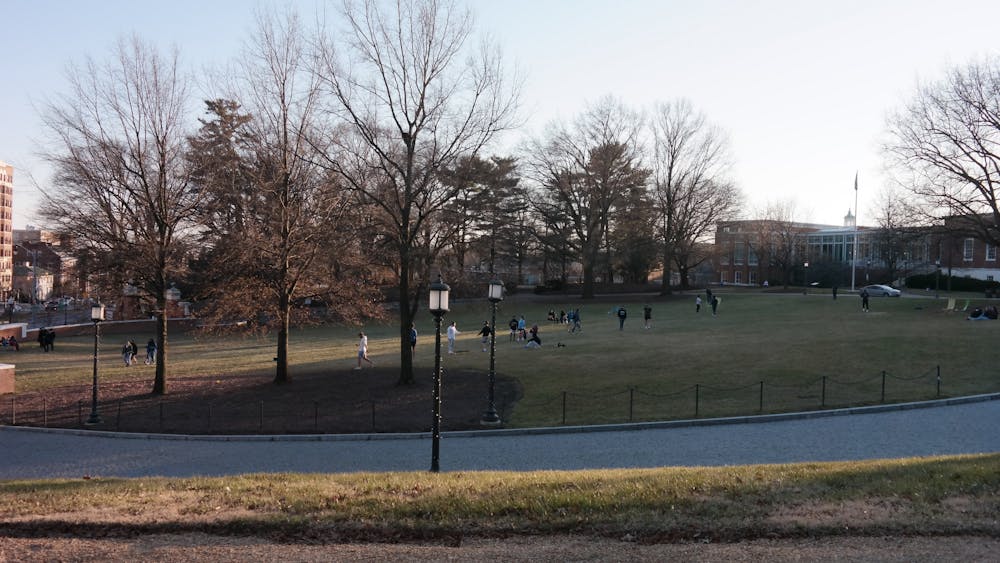The Student Government Association (SGA) held its first meeting of the semester on Jan. 26 to decide on discussion topics for its dinner with University President Ronald J. Daniels and upcoming talk with the Board of Trustees Student Life Committee.
Many SGA members proposed discussing expanded academic support services to combat the difficulties of remote learning during their dinner with Daniels. They also agreed that the University should ensure that accommodations, such as recorded lectures and longer time frames for assignments, are sustained in an effort to maintain course standardization.
Freshman Class Senator Harvey McGuinness suggested expanding Student Disability Services by encouraging effective communication between students and professors. According to him, it is important for professors to be able to acknowledge and implement accommodations at any point in the semester.
“There also needs to be a wider discussion on some of the training used for professors. Not just implementing the accommodations but acknowledging the reasons behind it. When I was taking some courses where I had to have my accommodations implemented, some professors had no idea why, and others thought it was a burden. That culturally needs to be adjusted,” he said.
SGA members also expressed concerns about students’ mental health. In their discussion, members explained that mental distress is more likely for isolated students studying at home, yet they might be unaware of the available mental health resources.
Besides disability accommodations and support, Freshman Class Senator Raj Bhatt talked about the importance of students being able to interact with their peers.
“I really want to have some virtual engagement. I remember doing this a lot in high school when the pandemic hit, whether this could be Kahoots, game shows or just a lot of admin-sponsored, University-run activities,” he said. “Everyone can meet up. It’s something that can help bring the campus together.”
SGA members also examined the lack of communal spaces on campus during the pandemic. Many supported expanding the spaces where students can engage with each other under the University’s guidelines.
Junior Class Senator Megan Chien recommended providing additional seating outdoors.
“I really feel bad for [freshmen] because they lost a year of high school, and they’re currently losing their freshman year of college,” she said. “Somehow we can find a middle ground, like letting them have small areas to gather — for example, putting out the colorful chairs in the quads as it gets warmer, so at least they have an outlet to look forward to, rather than there being nothing except testing.”
Senior Class Senator JJ Tie also mentioned the need to create more opportunities for students who decided to learn remotely for the spring semester.
“It is important to remember that a lot of students decided to stay home, and Hopkins should provide a platform where students can build a community even in a virtual environment,“ she said.
Some members voiced their concerns about rebuilding a vibrant community after the pandemic, including expanding the Blue Jay Shuttle range so students can explore more of Baltimore together. Members also talked about recent difficulties with connecting with alumni due to the pandemic, emphasizing the need to expand OneHop, a platform for building professional connections between Hopkins students and alumni.
SGA also discussed its upcoming talk with the Board of Trustees Student Life Committee.
Executive President Sam Mollin suggested talking about students’ financial experiences under COVID-19. He recalled previous students testifying that Student Financial Services had been unsatisfactory in communication and meeting students’ needs when they returned to campus.
Mollin also mentioned his plans to discuss adjusting tuition for students who will not be taking advantage of on-campus services.
“It might not happen this semester, but in the future, if you’re not going to be on campus, then you should be able to opt out of paying for on-campus services. If you’re not going to be in Baltimore benefiting from the tents or testing or any of that, it doesn’t make sense to be included in the tuition cost,” he said.





